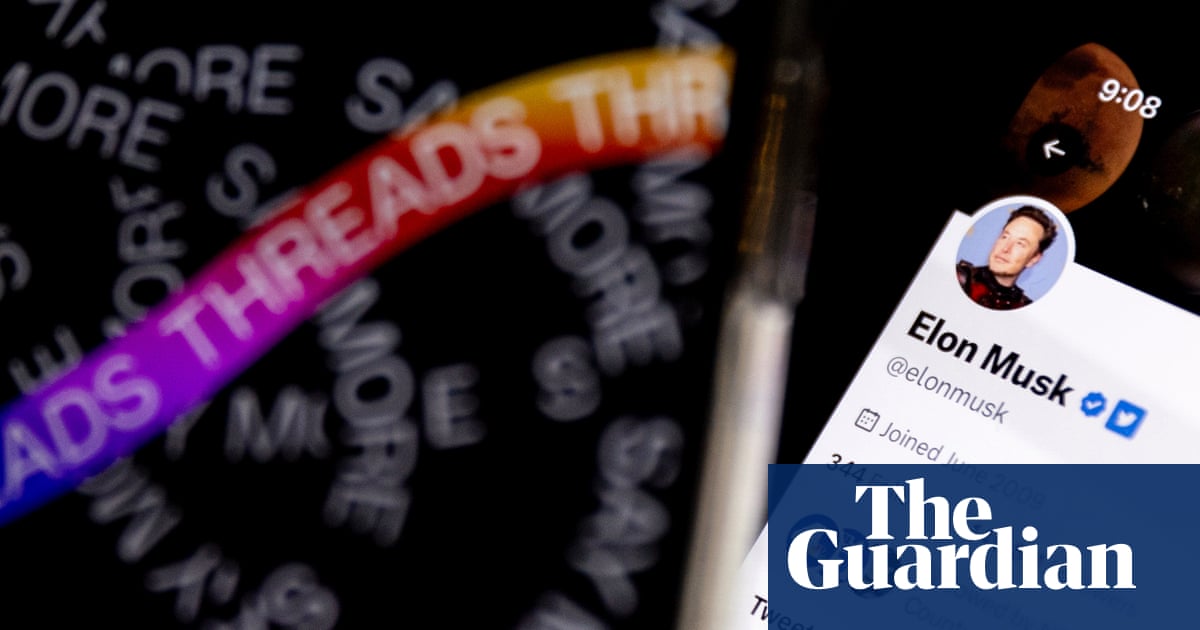
(Reuters) - California Uber Technologies Inc UBER.N drivers on Thursday sued the ride-hailing company over in-app messages regarding an upcoming gig worker ballot measure that the drivers say violate a California law protecting their political rights.
The lawsuit says Uber is unlawfully pressuring drivers via the app to support the Nov. 3 company-sponsored ballot measure, known as Proposition 22, via the app.
Uber rejected those claims.
“This is an absurd lawsuit, without merit, filed solely for press attention and without regard for the facts,” Uber said in a statement, adding that the vast majority of its drivers supported Prop 22.
Prop 22 would overwrite California law AB5 intended to force Uber, Lyft LYFT.O and other app-based companies to classify workers as employees, entitling them to benefits including minimum wage, overtime pay, health and unemployment insurance.
Uber and Lyft say such changes would force them to reduce their California driver base by more than 75% and prevent the majority of its drivers from enjoying their current flexibility and income opportunities.
Both companies have also threatened to leave the state if AB5 was enforced.
Under Prop 22, drivers would receive some benefits, including minimum pay, healthcare subsidies and accident insurance, but remain independent contractors.
Uber, Lyft, DoorDash, Instacart and Postmates have jointly spent $184 million to promote the ballot proposal and Uber has included messages in its driver app to promote it.
In-app prompts urge drivers to show their support for the ballot measure, including by asking them to submit video messages, and links to the Yes on Prop 22 campaign site.
Those prompts, in combination with Uber’s threat to leave the state or reduce its driver base, leads drivers to believe that they might be punished if they do not follow the company’s line, said David Lowe, the attorney who filed the lawsuit.
“This case isn’t strictly speaking about Prop 22, this case is about Uber trampling the political freedom of its drivers,” said Lowe, who according to California data donated $5,000 to the No on Prop 22 campaign sponsored by labor organizations.
William Gould, an employment law professor at Stanford University, said Uber’s conduct showed a clear attempt at political interference that was in violation of California law.
Thursday’s lawsuit is asking the court to ban Uber’s in-app messaging, a request that might not be ruled on prior to Nov. 3. It also seeks fines and a declaration that Uber’s conduct is unlawful.











